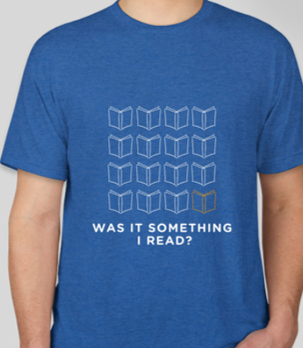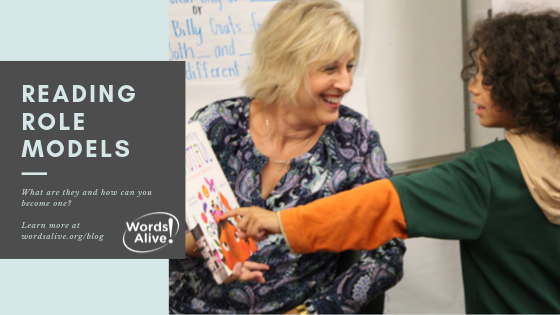By Yael Lorberfeld, Blog Volunteer
What is Emotional Intelligence?
Our emotional life is a compass that helps us understand our inner desires, our singularity, and our personal experiences. It is the framework that guides us. It captures our uniqueness and our differences, as well as commonalities and connections we all share. This is called our Emotional Intelligence. Emotions are part of our evolution, they serve a purpose for surviving, as well as drive our behavior and enrich our lives.
According to Gottman Institute (2017), Emotional Intelligence encompasses awareness, understanding, and the ability to express and manage one's emotions. While many educators concentrate on academic achievement in childhood, Emotional Intelligence is a stronger prognosticator of life's success than IQ (Intelligence Quotient).
What is Social & Emotional Learning?
It is not an easy task for children to develop a mature and healthy emotional life. According to The Collaborative for Academic, Social, and Emotional Learning (CASEL), "Social and emotional learning (SEL) is the process through which children and adults acquire and effectively apply the knowledge, attitudes, and skills necessary to understand and manage emotions, set and achieve positive goals, feel and show empathy for others, establish and maintain positive relationships, and make responsible decisions." (2003)
An essential part of our experience is how we conceive and interpret our emotional life. What we think, our thoughts, are a potent tool. It is not enough to believe our thoughts are only a result of our experience, they are also a big part of creating our experiences.
We are not solely the result of the continuous activity of our minds, we have the power to control our thoughts. Imagine what would happen if instead of remembering all the bad, negative, and difficult, we could, for the most part, remember the courage, resilience, vigor, and remarkable aspects of life?
Choose Love
Scarlett Lewis constructed an Enrichment Program called "The Jesse Lewis Choose Love Enrichment Program" in honor of her son Jesse after he was murdered at his school at the age of six years old. Choose Love was built upon the idea that we can be agents of change and growth for our lives, and with the task of improving Emotional Intelligence. Choose Love is made for classrooms and targets social and emotional growth in children, teachers, and parents. It has the goal of teaching how to Choose Love in any circumstance, and therefore prevent this type of tragedy from happening and help people to live a happier life.
The program focuses on four important character values – Courage, Gratitude, Forgiveness, and Compassion – which cultivate optimism, resilience, and personal responsibility. Children in schools learn that Choosing Love means choosing to live a life with Courage and Gratitude, practicing Forgiveness, and being Compassionate individuals. According to Lewis, being able to "Choose Love" promotes resilience in challenging times. As a result, children learn personal responsibility and the understanding that they always have a choice in how they respond. They realize they can decide to love themselves and others. The program teaches them how to do this, and teachers and parents learn with them too.
The Choose Love program provides a group of lessons based on research on emotional intelligence, resilience and post-traumatic growth, neuroscience, positive psychology, mindfulness, and social and emotional learning. The whole child – body, mind, and feelings – are carefully given attention.
How Words Alive is Teaching Gratitude
One central tool of the program is the transformation of negative thoughts into more loving and positive ones, having an impact on behavior. Gratitude is a magical way to perceive the good in our lives. According to Tamara Levit, gratitude wakes us up to the goodness and beauty in life. But we need to work on it. One of the most important columns of the "Choose Love" movement is Gratitude.
The result of using gratitude in the "Choose Love" program is impressive. Scarlett Lewis affirms that research consistently shows that this type of program helps children get better grades, maintain longer and better attention spans, lower anxiety and behavioral problems, live a happier life, result in higher graduating rates, less substance abuse, and even a lower divorce rate.
Scarlett Lewis recognizes that gratitude is a magical resource. As Rhonda Byrne states, "The more you use gratitude every day, the greater the good you will bring into your life" (2012).
This is why we at Words Alive are following in Choose Love’s footsteps by focusing on Social Emotional Learning, and gratitude specifically, in our programming this year. Here are some of the books we’re reading and discussing with students that focus on gratitude:
If You Plant a Seed by Kadir Nelson - This story demonstrates not only the process of planting and growing for young children but also how a seed of kindness can bear sweet fruit. (Goodreads)
The One Day House by Julia Durango - Inspired by a friend’s volunteerism, author Julia Durango tells a story of community and togetherness, showing that by helping others we help ourselves. (Goodreads)





















